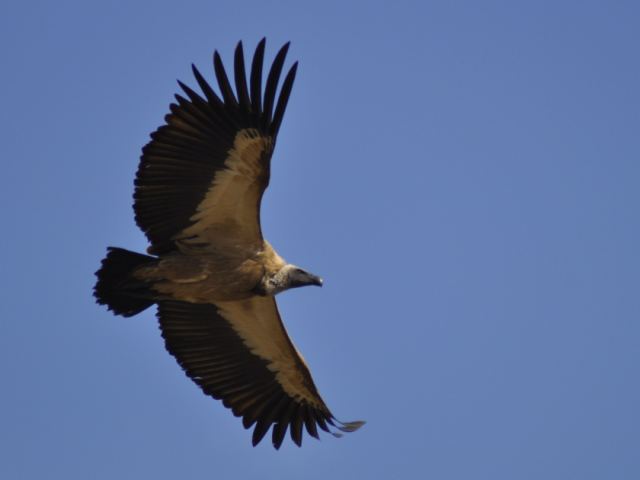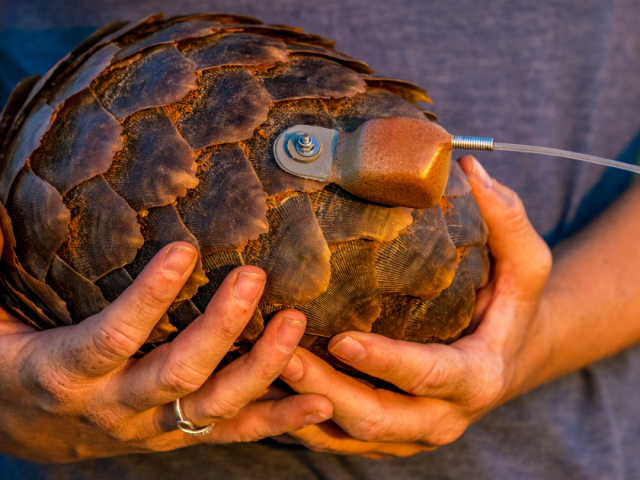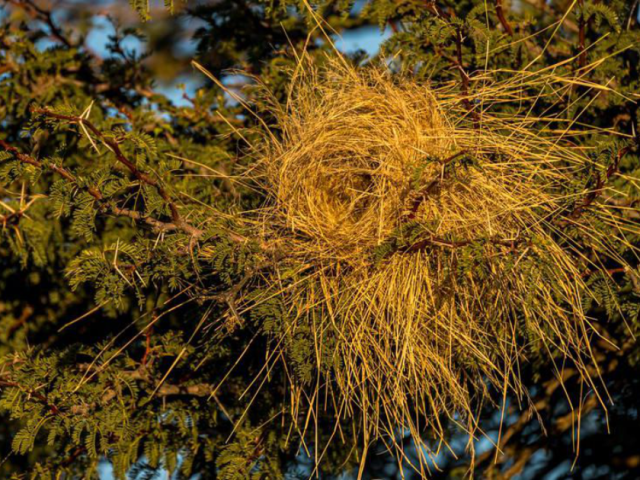Read some background and insights from the young panelists, joining the OGRC Tipping Points webinar on 22 June, about how their perspective as a youth informs their priorities for environmental and conservation matters in Africa. They also unpack what makes them want to get up in the morning, and want to change things for the better.
Register here to attend the webinar on 22 June at 13h00 (CAT).

As I am a member of youth-led organisations such as the South African Youth Parliament for Water (RSAYWP) and the Local Government Youth Development Forum (LGYDF), I see the pivotal role these organisations play in raising awareness and mobilizing communities. They provide platforms for youth to advocate for sustainable water management, engaging in projects and initiatives that address water challenges. By promoting education, fostering leadership, and facilitating networking opportunities, these organizations empower youth to take concrete actions in their communities.
The youth perspective is essential in informing priorities for environmental and conservation matters in Africa. Our lived experiences, diverse backgrounds, and deep understanding of local ecosystems enable us to identify and address pressing issues. Moreover, youth perspectives are crucial in highlighting the long-term consequences of environmental degradation and the need for sustainable practices.
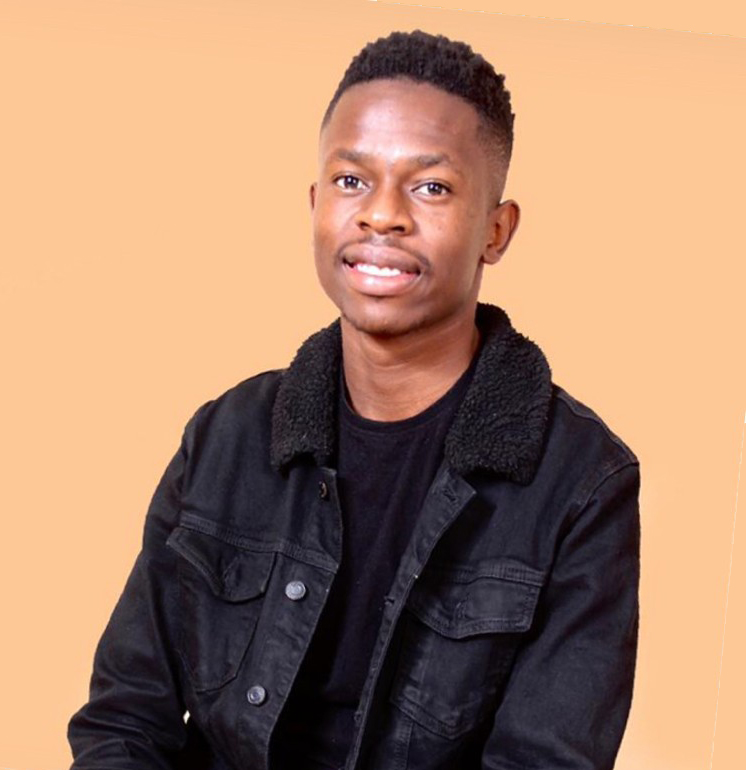
As a professional young environmental practitioner, my passion and drive come from a desire to contribute towards a sustainable future for all. The environment is the foundation of our existence, and without a healthy planet, we cannot have a thriving society. Witnessing the devastating effects of environmental degradation and climate change on my village in Northern Namibia has motivated me to pursue a career in sustainability and dedicate my life to serving people and planet.
Growing up, my father would speak of a beautiful forest that used to exist around our village, the wild animals which roamed freely, and about a strong connection we had with Earth.
The above, I could only imagine as I grew up. Today we have very few indigenous trees left, our lands are demarcated by excessive fencing, and land degradation is worsening as a result of monoculture and sand mining. As a society, we are completely losing our connection to nature as a result of modernity.
It is in light of this reality that I got interested in sustainability, thus dedicating my life and professional career to safeguarding life support systems while helping to restore our connection to Earth. It is because of the dedication and my value system that I wake up every morning.
I bring a unique perspective to environmental and conservation matters in Africa. I understand the challenges and aspirations of the youth and the need to involve them in conservation efforts. Young people have a crucial role to play in shaping the future of conservation in Africa. We are the custodians of the future, and it is our responsibility to ensure that the environment is protected and conserved for generations to come.
My priorities for environmental and conservation matters in Africa are informed by my experiences and knowledge. We need to adopt a systemic approach to conservation that considers the needs of people and wildlife. It is essential to balance conservation efforts with sustainable development to ensure that communities benefit from conservation activities. This approach requires us to work closely with local communities and involve them in decision-making processes. By Building an infrastructure of opportunities, we are able to create alternative solutions to safe and resilient communities, thriving through healthy socio-ecological systems.
Wildlife conservation in Africa is another area that I am passionate about. Wildlife is a vital part of our ecosystem, and its protection is crucial to maintaining the balance of nature. However, wildlife conservation in Africa faces numerous challenges, including habitat loss, poaching, and human-wildlife conflicts. To address these challenges, we need to invest in science-based conservation strategies that involve the use of technology, community-based conservation, and education.
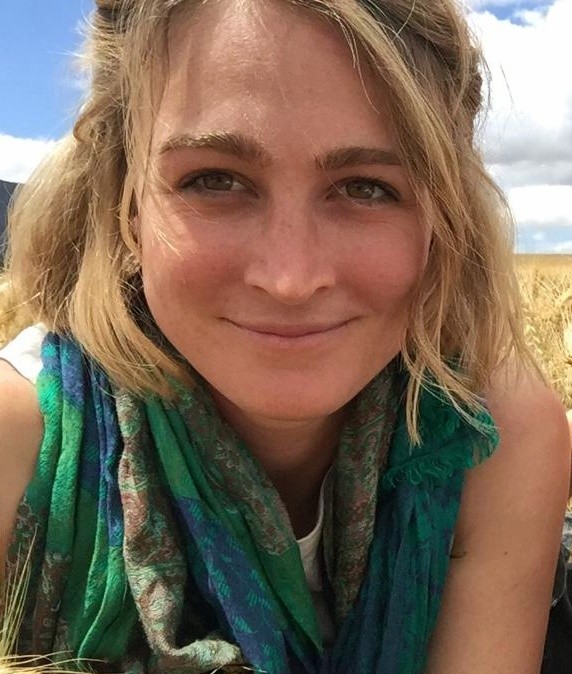
Additional News
Pangolins are elusive and heavily trafficked. At Tswalu, researchers are working to uncover their secrets and aid conservation.
Declining Sparrow-Weavers may threaten other birds that rely on their old nests for shelter.
- Tipping Points Episode 14: New voices for Africa – young environmentalists share their ideas - June 20, 2023
- Tipping point episode 8: ‘green growth’ economy demands widespread and fundamental change to how society is organised - October 20, 2022
- Worried about elephant numbers? Quit counting them. - September 30, 2022



